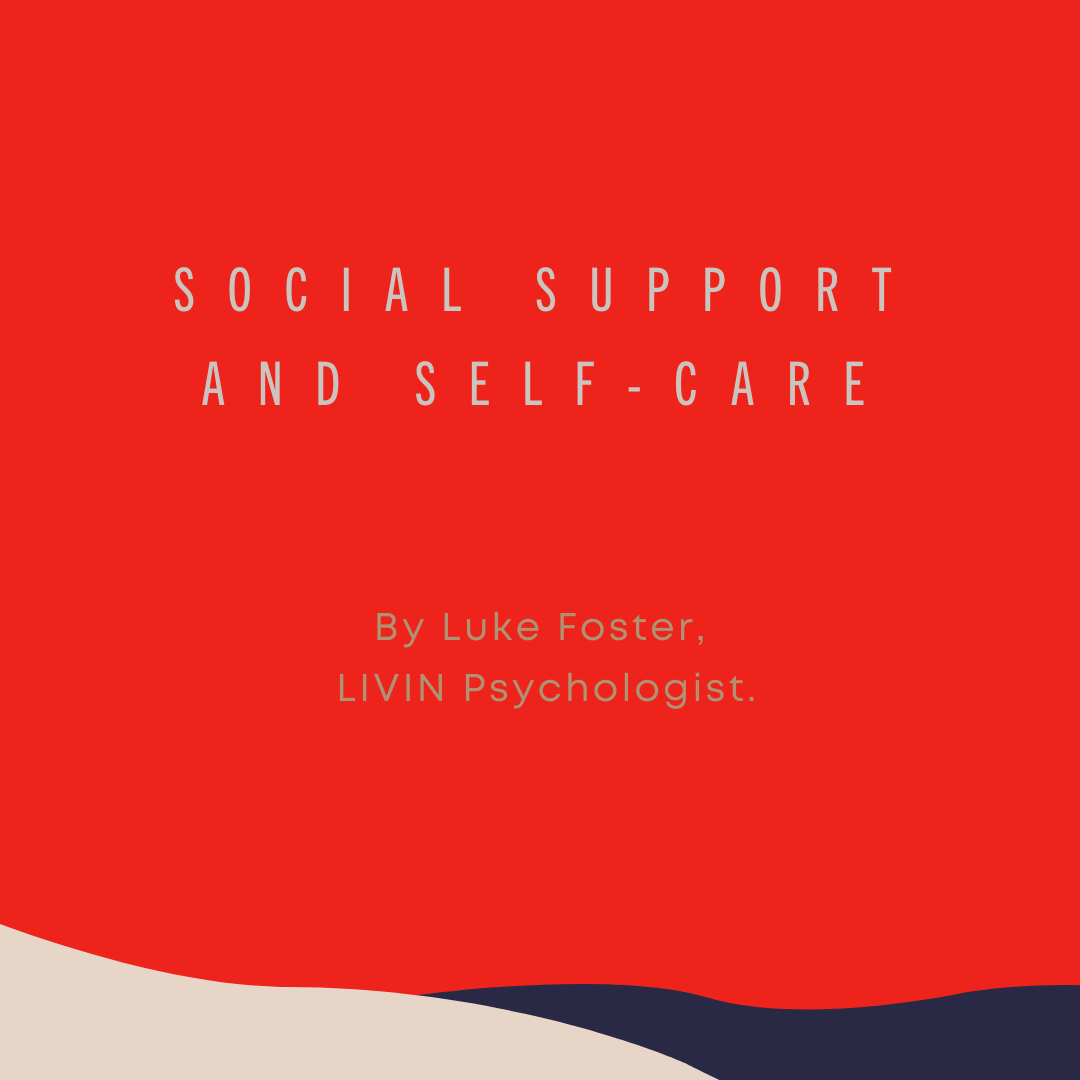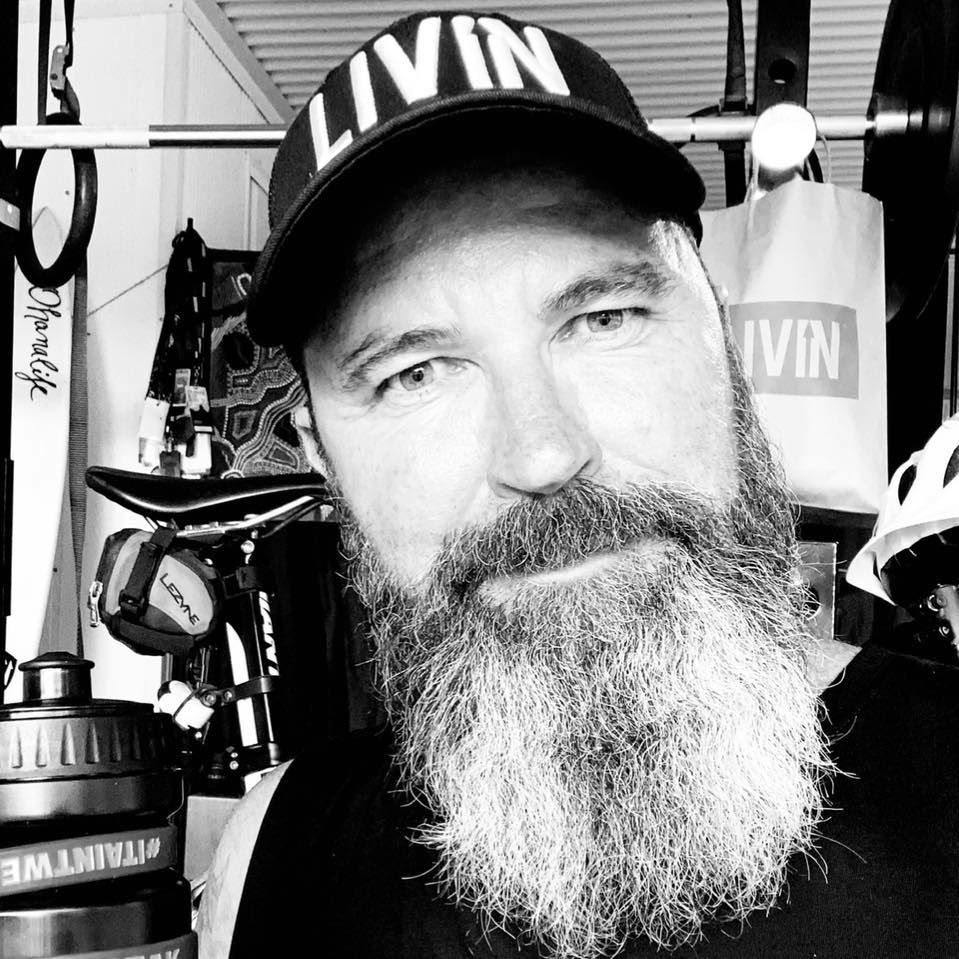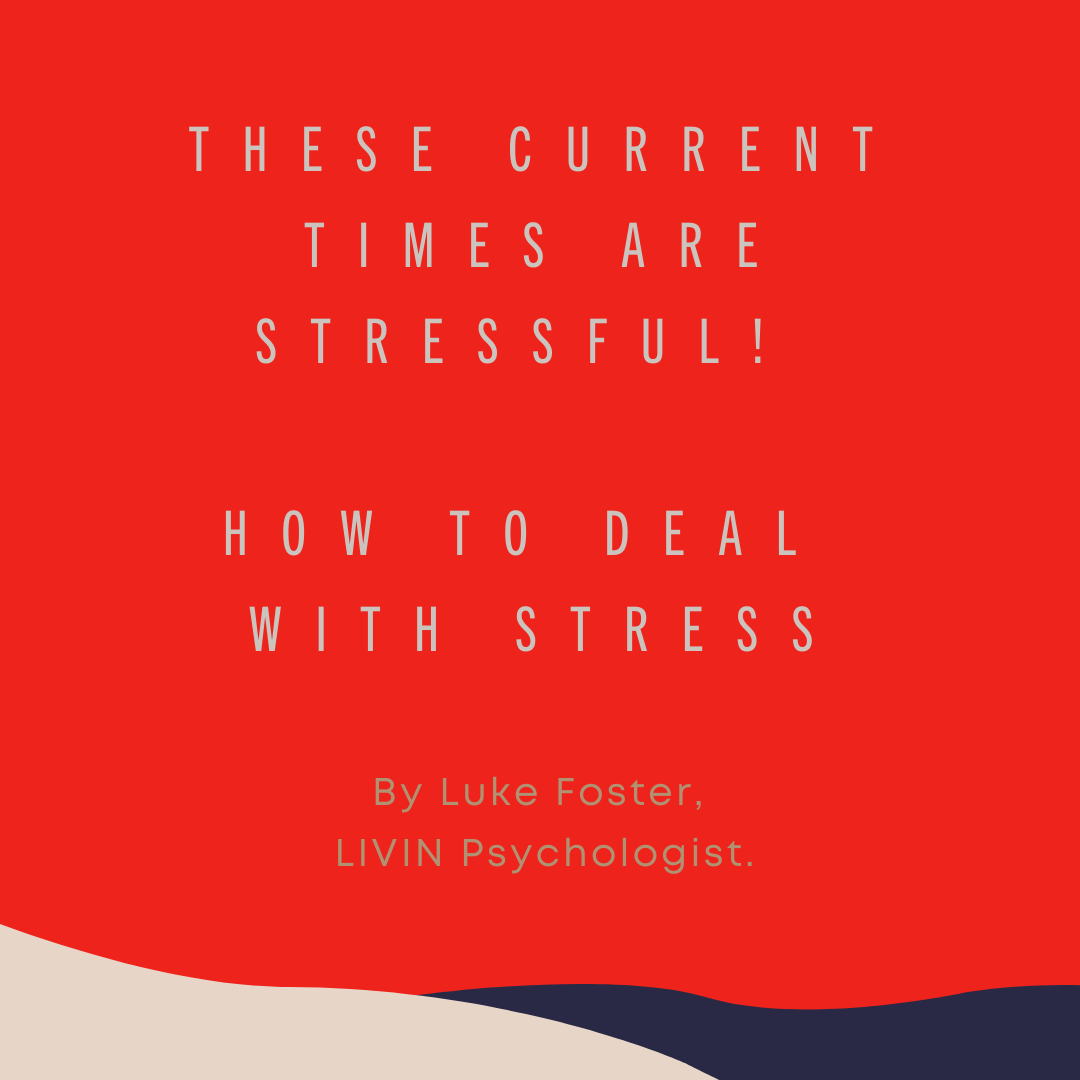STEADY YOUR BUCKET!
As a psychologist I hear some horrific things from time to time (as well as some amazing things) – some of the things people are dealing with or have been through are nothing short of terrible. I remember as a junior psychologist thinking, feeling seemingly invincible, that nothing would ever affect me and that I could handle all manner of things.
After almost 12 years in the profession (most of my career as a psychologist has been in the military), stories that I had been told began to play over and over in my head and began to chip away at my resilience.
My bucket had become full.
I sat with an experienced clinician of almost 30 years and told her what I was experiencing. She spoke to me about compassion fatigue, burn-out and reinforced the importance of ‘self-care’ which, to my surprise included (among several things) minimising exposure to the constant stream of negative information regularly portrayed across many forms of media. One of the key pieces of advice given to me was to minimise exposure to the news and social media which, let’s face it, often is plagued with negative headlines and stories. The negativity on the news, combined with the complex things that some of my clients were telling me, were quickly filling up my bucket. There is only so much negativity that the human brain can tolerate before it becomes overwhelmed, and our overall emotional wellbeing becomes tested. I was burning out, and my bucket was far from steady.
If you keep adding more and more water to a bucket, it’ll eventually overflow and spill all over the carpet. My carpet was becoming more drenched every day. You need to empty your own bucket from time to time to avoid things from spilling and to prevent you or the people around you from having to clean up a mess.
So, how do we keep our bucket from overflowing?
- During times like what we are currently experiencing, avoid watching too much hyped-up media warning that an apocalypse is fast approaching and try your best to avoid doomsday discussions. Stick to the facts - sure, that influencer on Instagram with 1 million followers might have the best of intentions, but the preferred option is to rely on information provided by reliable sources. This is the best way to maintain true perspective and manage your feelings.
- Try your best to remain calm and continue with your usual routine, as much as you can. If you’re a parent, teacher, coach, caregiver, be mindful that the current situation might be having an adverse impact on those younger people in your lives. Being open and honest with younger people about the true state of play is the best way to help them cope with serious situations, from mental illness, physical illness, suicide and now, COVID-19.
- We have mentioned self-care a few times already, and one of the more important points in my opinion is social support. Sure, there may be some restrictions placed on how much face-to-face contact we can have with people now, but this does not mean that social support must be ignored. It is social distancing, not social isolation. Pick up the phone and give positive people in your life a call, Facetime them, Zoom call your colleagues etc. etc. etc. – get creative when it comes to providing social support recognising the power of technology. Social support is one of the greatest predictors of human resilience, so now more than ever is an important time to get creative about providing social support to those you care about.
If you feel like your bucket is getting full, don’t let it overflow and drench the carpet. Take control of your own mental health and practice self-care regularly – even if it’s just 10-15 minutes of doing something that makes YOU feel good about YOU.
Self-care, self-care, self-care – you get the point, I hope!
Of course, if emptying that bucket of yours is becoming too difficult to do on your own, don’t’ beat yourself up or think that you are weak, take courageous action and seek professional support.
The Beyond Blue Support Service on 1300 224 636 offers short term counselling. Alternatively, visit the Get Help section of our website for more options that might be better suited to you. If you change nothing, nothing will change!
At LIVIN, we urge you to look after yourself and each other. We will all get through this, AGAIN!
By Luke Foster, LIVIN Psychologist




